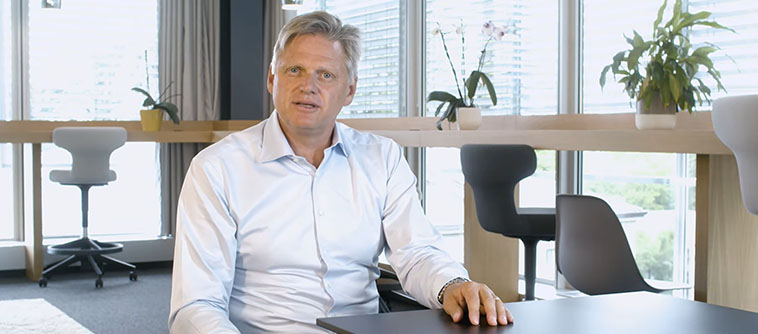In this case study Professor, Lundin Sustainability Chair Knut Haanaes imagines we have turned the corner on climate change — but how?
The world is in celebratory mood at New Year 2030, even though our planet is more than 2°C warmer than in pre-industrial times. Sea levels have risen almost 20 centimeters and Bangkok, Shanghai and Miami are underwater. There are annual natural disasters that, in the 1990s, were assumed to happen every 100 years. But the good news is that it looks like the climate will not spiral out of control.
The global population is 8.5 billion; one billion are over 65. Two-thirds of people now live in cities —many in megacities that have more than 10 million people; Delhi has 45 million.
The 2020s focused on technological innovation including carbon capture, and improving energy use with artificial intelligence and connected devices. The fastest employment growth areas are optimized energy system software, solar installation, wind and current turbines, hazardous-materials removal, geoscience and environmental engineering.
Realization that failure to act on climate issues will lead to global collapse by 2050 has helped drive change. Momentum towards global health and sustainability was increased by the COVID-19 pandemic of 2020. A popular slogan was “Build Back Better!” Global appreciation of the importance of the 17 UN Sustainable Development Goals (SDGs) helped achieve climate turnaround. There has been substantial progress, with businesses having greater impact than originally envisioned.
A much used motivational “proof point” is the 1987 Montreal Protocol, which aimed to eliminate chlorofluorocarbons (CFCs) that were damaging the ozone layer. The industry rapidly developed non-destructive alternatives, so that by 2050, the ozone layer may have recovered.
Carbon emission is now totally unacceptable — similar to smoking cigarettes in public. After initial hesitation, numerous multinationals followed Microsoft in announcing that by 2050 they would remove as much carbon as they had emitted in their history. Many countries are now carbon neutral.
Professor, Lundin Sustainability Chair Knut Haanaes is leading the session Create a corporate sustainability strategy for resilience and renewal at OWP liVe in November.



